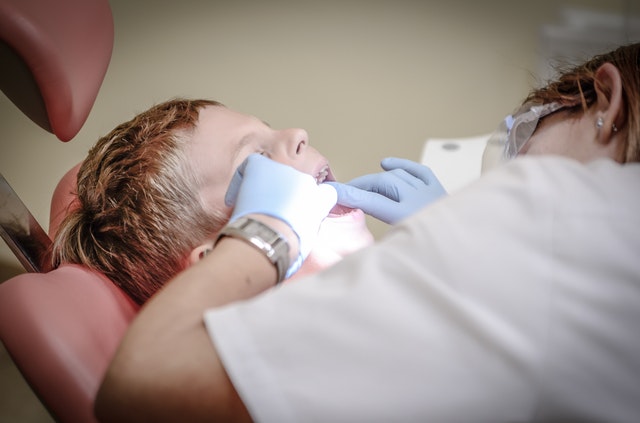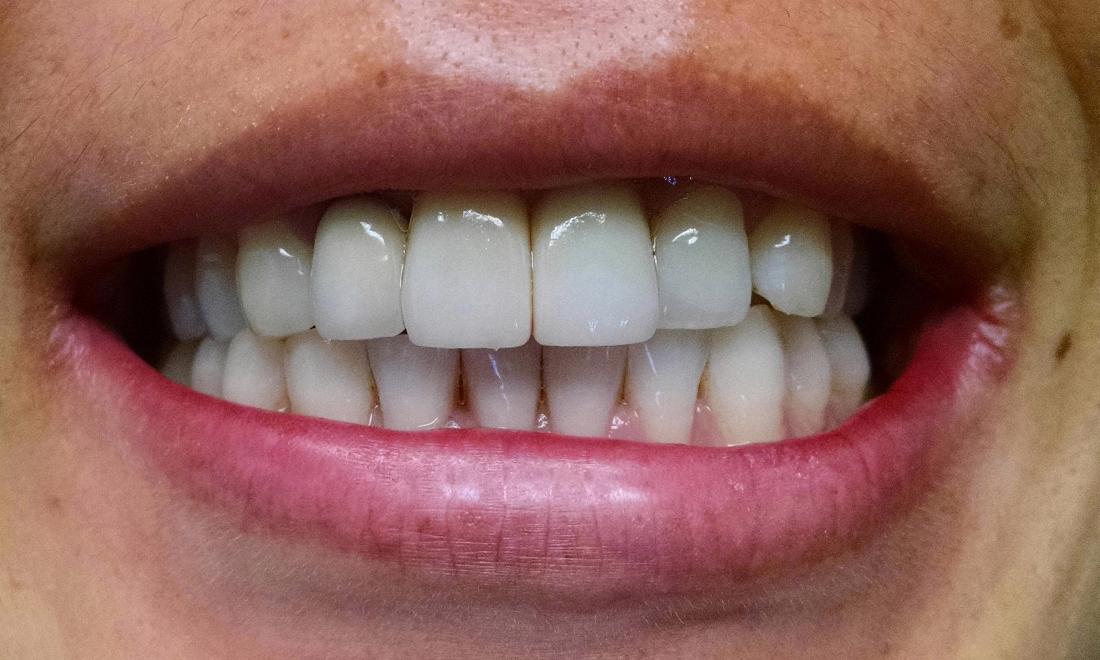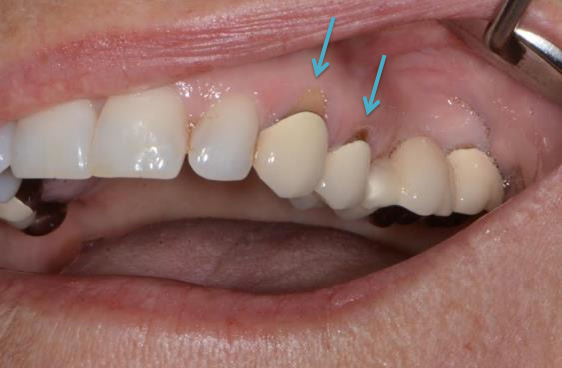Dental Crown Discomfort

Dental crown discomfort is a common issue that many individuals experience after undergoing a dental crown procedure. A dental crown is a cap or cover that is placed over a tooth to restore its shape, size, and function. While crowns are designed to improve the appearance and functionality of teeth, they can sometimes cause discomfort or sensitivity. This discomfort can range from mild to severe and may be temporary or ongoing.
One of the primary causes of dental crown discomfort is the adjustment period that follows the procedure. When a crown is first placed, the tooth and surrounding gums may be sensitive due to the trauma caused by the dental work. This sensitivity can be exacerbated by factors such as temperature changes, sweet or sour tastes, and pressure on the tooth. In most cases, this type of discomfort is temporary and can be managed with over-the-counter pain medications and gentle oral care.
However, in some instances, dental crown discomfort can be a sign of a more serious issue. For example, if the crown is not fitted properly, it can put pressure on the surrounding teeth and gums, leading to discomfort and pain. Similarly, if the crown is made of a material that is not compatible with the individual’s oral chemistry, it can cause an adverse reaction and lead to discomfort.
High nobel metal Crowns, such as gold and Silver, are generally well tolerated, however, some individuals may experience a reaction to the metals used. It is essential to discuss any concerns or allergies with the dentist before the procedure to ensure that the chosen material is suitable.
Another common cause of dental crown discomfort is the development of an allergy or sensitivity to the materials used in the crown. Some individuals may be allergic to certain metals, such as nickel or chromium, which are commonly used in crowns. In these cases, the crown may need to be replaced with a hypoallergenic alternative.
In addition to these factors, dental crown discomfort can also be caused by a range of other issues, including:
- Poor oral hygiene: Failing to practice good oral hygiene can lead to the buildup of bacteria and plaque around the crown, causing discomfort and infection.
- Gum recession: If the gums around the crown recede, the tooth and crown can become sensitive, leading to discomfort.
- Tooth decay: If the tooth under the crown develops decay, it can cause pain and discomfort.
- Crown fracture: If the crown becomes damaged or fractured, it can cause discomfort and may need to be replaced.
To alleviate dental crown discomfort, individuals can try a range of remedies, including:
- Over-the-counter pain medications: Pain relievers such as ibuprofen or acetaminophen can help to manage mild to moderate discomfort.
- Desensitizing toothpaste: Using a toothpaste designed to reduce sensitivity can help to alleviate discomfort.
- Gentle oral care: Practicing gentle oral hygiene, such as using a soft-bristled toothbrush and avoiding harsh mouthwashes, can help to reduce discomfort.
- Avoiding triggers: Avoiding triggers such as hot or cold foods and drinks, sweet or sour tastes, and hard or crunchy textures can help to reduce discomfort.
In some cases, dental crown discomfort may require professional attention. If the discomfort is severe, ongoing, or accompanied by other symptoms such as swelling, bleeding, or fever, individuals should seek dental care as soon as possible.
Dental crowns are a common and effective solution for restoring damaged or decayed teeth. While discomfort is a potential side effect, it can often be managed with proper care and attention. By understanding the causes of dental crown discomfort and taking steps to prevent and alleviate it, individuals can enjoy the benefits of a healthy, beautiful smile.
In the following section, we will explore the different types of dental crowns and their characteristics, to help individuals make informed decisions about their oral health.
Dental Crown Types and Characteristics

There are several types of dental crowns, each with its own unique characteristics and benefits. The most common types of crowns include:
- Ceramic crowns: Made from porcelain or ceramic materials, these crowns are popular for their natural appearance and durability.
- Porcelain-fused-to-metal crowns: These crowns combine the strength of metal with the aesthetic appeal of porcelain, making them a popular choice for back teeth.
- Gold crowns: Made from gold alloy, these crowns are highly durable and resistant to wear and tear.
- Silver crowns: Made from silver alloy, these crowns are often used for back teeth due to their strength and affordability.
Each type of crown has its own advantages and disadvantages, and the choice of crown will depend on a range of factors, including the location of the tooth, the extent of the damage, and the individual’s personal preferences.
| Crown Type | Advantages | Disadvantages |
|---|---|---|
| Ceramic | Natural appearance, durable | More expensive than other options |
| Porcelain-fused-to-metal | Strong, aesthetic appeal | May require more tooth preparation |
| Gold | Highly durable, resistant to wear and tear | Expensive, may not be suitable for all teeth |
| Silver | Strong, affordable | May not be suitable for front teeth due to appearance |

By understanding the different types of dental crowns and their characteristics, individuals can make informed decisions about their oral health and choose the best option for their needs.
What are the most common causes of dental crown discomfort?
+The most common causes of dental crown discomfort include the adjustment period, poor fit, allergies, and oral hygiene issues. Other factors, such as gum recession, tooth decay, and crown fracture, can also contribute to discomfort.
How can I alleviate dental crown discomfort?
+To alleviate dental crown discomfort, individuals can try over-the-counter pain medications, desensitizing toothpaste, gentle oral care, and avoiding triggers such as hot or cold foods and drinks. In some cases, professional attention may be necessary to address underlying issues.
What are the different types of dental crowns?
+The most common types of dental crowns include ceramic, porcelain-fused-to-metal, gold, and silver. Each type of crown has its own unique characteristics and benefits, and the choice of crown will depend on a range of factors, including the location of the tooth, the extent of the damage, and the individual's personal preferences.
By understanding the causes of dental crown discomfort and taking steps to prevent and alleviate it, individuals can enjoy the benefits of a healthy, beautiful smile. Regular dental check-ups and good oral hygiene practices can also help to prevent issues and ensure the long-term success of the crown.
